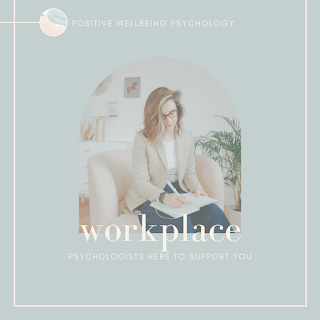Do I Have Depression?
How prevalent is depression?
Depression is a common illness and the leading cause of disability worldwide. The World Health Organisation has found that women are more affected by depression than men. When depression is left untreated, it can cause the individual to suffer greatly and function poorly at work, at school/university, and in the family dynamic. At its worst, depression can lead to suicide. Due to the prevalence of depression, talking to a psychologist highly skilled in the treatment for depression may help improve your mood, self-esteem, and interpersonal functioning on a day-to-day basis.
Is depression feeling down and blue with a flat affect?
One of the symptoms is the prolonged flat effect of depressed mood more days of the week than not. However, depression is different from usual mood fluctuations and short-lived emotional responses to challenges in day-to-day life. Especially when long-lasting and with moderate or severe intensity, depression may become a serious health condition.
What are the warning signs of depression?
The individual experiences a depressed mood, loss of interest and enjoyment in usual activities that may have enjoyed, and reduced energy leading to diminished activity for at least a 2-week period.
Many individuals with depression also suffer from anxiety symptoms, difficulty getting to sleep or disturbed sleep and appetite, and may have feelings of guilt and/or low self-worth, poor concentration, and even symptoms that cannot be explained by a medical diagnosis. Should you be experiencing any of these symptoms or signs of depression or excessive and prolonged worry, you would benefit from reaching out to a psychologist experienced in the treatment of depression and anxiety disorders.
What are the types and symptoms of depression?
A depressive episode can be categorized as mild, moderate or severe, depending on the number and severity of symptoms. An individual with a mild depressive episode will likely experience difficulty in continuing with their ordinary work and social activities yet not cease to function completely.
During a severe depressive episode, it is unlikely that the individual will be able to continue with social, work, or domestic activities, except to a limited extent.
Often the individual withdraws socially and finds a severe lack of motivation to complete usual activities. Other times, the individual avoids activities due to flat affect. Should you have noticed diminished functioning on a day-to-day basis for a period of longer than 2 weeks, you would benefit from reaching out to one of our warm and compassionate psychologists at Positive Wellbeing Psychology, experienced in the treatment for depression.
What are the contributing factors and prevention?
Depression can result from a complex interaction of social, psychological, and biological factors. As a result, our highly-skilled psychologists at Positive Wellbeing Psychology conduct a thorough biopsychosocial assessment in the initial appointments with the individual to understand the maintaining factors.
Individuals who are without supports and useful coping strategies that have gone through a range of adverse life events are more likely to develop depression.
Adverse life events may include Covid-19 pandemic, unemployment, bereavement, and/or psychological trauma. Depression can, in turn, lead to more stress and dysfunction and worsen the affected person’s life situation and depression itself.
How can Positive Wellbeing Psychology help?
At Positive Wellbeing Psychology, we are experienced in a range of proven techniques to help reduce depression. Our psychologists explore factors that may be maintaining your persistently low mood. Once identifying possible factors, you will start to explore a range of proven strategies to improve mood, self-esteem and relationships. Talking to one of our highly-skilled Melbourne based Psychologist in the treatment for depression may help you to achieve greater overall life satisfaction.



Comments
Post a Comment